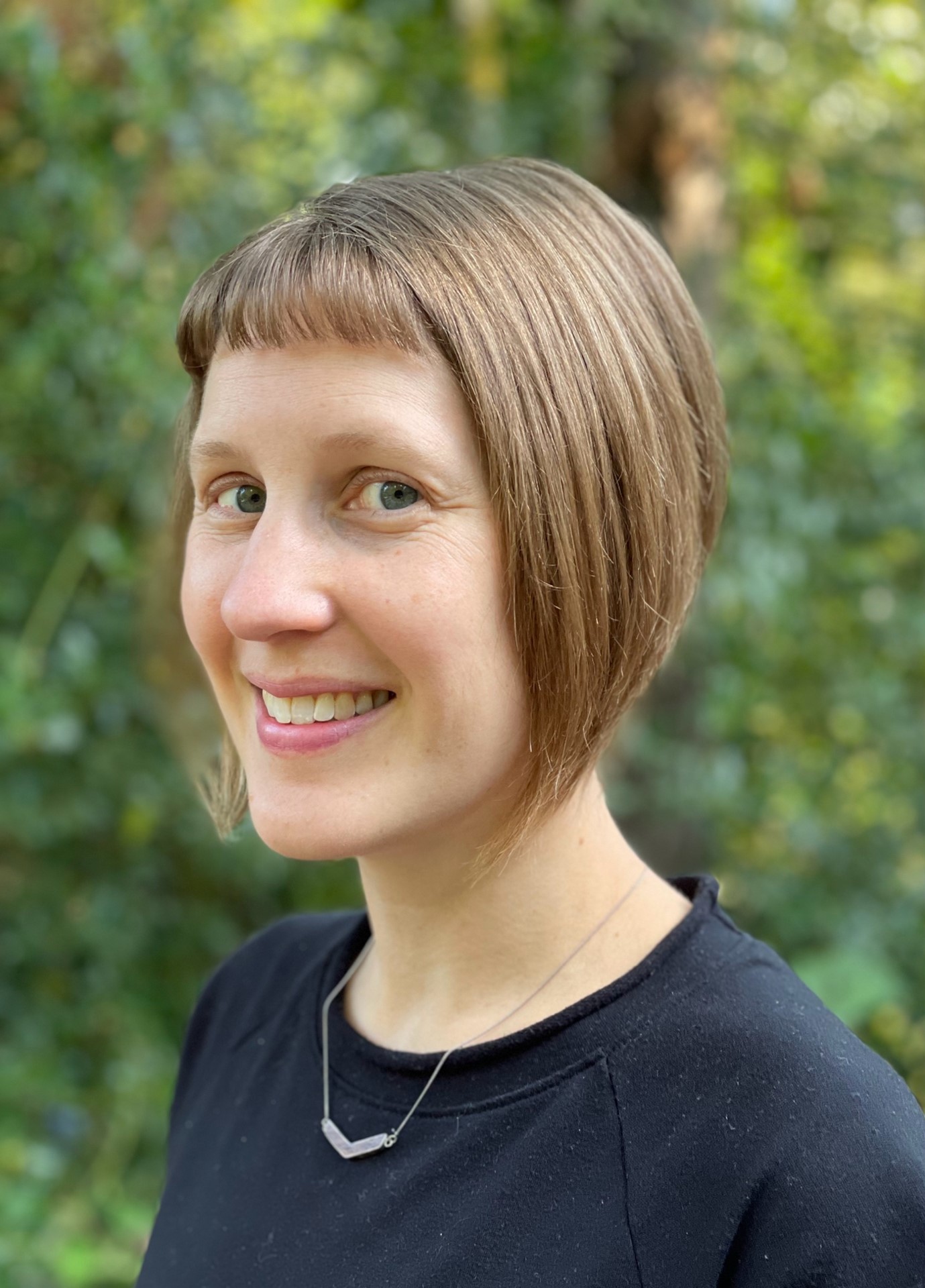
Edge Prize 2025: Kim De Wolff

Kim De Wolff’s article is an exemplary candidate for the 2025 4S Edge Prize as it offers a methodologically inventive and ethically attuned account of how loss is mediated, disavowed, and sometimes re-animated in the space between environmental science and survivor memory. Refusing the bureaucratic closures of certainty and the flattening (or totalizing) language of “marine debris,” De Wolff draws on feminist STS, hauntology, and oceanic materialisms to show how traces of disaster persist; not just materially, but relationally and politically as well.
This is a carefully argued, beautifully written piece that reworks how we think about absence; not as the mere "lack" of something, but as an existential paradigm that demands situated responsibility and methodological openness. It brings a refreshing perspective to ethnography, moving across sites, scales, and tempos in a deeply thoughtful and reflective manner. The article, In short, is the kind of work that changes how we do STS.
Acceptance Statement
It is with immense gratitude that I accept the 2025 David Edge Prize, and I thank the committee for their nuanced, generous reading of this work. I am truly humbled by recognition from my academic ‘home,’ the 4S community that creatively attends not only to the relations of what we study, but also to the relations of how. This article is the result of slowly grappling with an immensity of loss that I had not at all been prepared to encounter; only through a multitude of relations has it come into being in its present form. I extend my ongoing gratitude to the Japan Environmental Action Network and community members in Japan for so patiently explaining the relations of ‘floating things’ until my listening looked more like understanding. My vision for attending to this story with ‘care-full’ methods could not have taken shape in written form without the generous feedback from Max Liboiron, Irene Klaver, multiple anonymous reviewers, and the work of so many feminist STS, anti-racist, and anti-colonial scholars who have come before me. Finally, I thank editor Sergio Sismondo at Social Studies of Science for his capacious support that allowed this work to grow at its own pace.
Biography
Kim De Wolff is a feminist science and technology studies scholar and Assistant Professor of Philosophy at the University of North Texas. Her research is immersed at the confluences of plastic and water, attending especially to the enduring colonial forms of the Great Pacific Garbage Patch. She is author of Synthetic Frontiers: Ocean Plastic and the Persistence of Trash Islands (forthcoming with the MIT Press this Fall 2025), and co-editor of Hydrohumanities: Water Discourse and Environmental Futures (UC Press, 2022).
Honorable Mention
The David Edge Prize Committee would like to extend an Honorable Mention to Dawn Nafus for the paper “Unclearing the Air: Data’s Unexpected Limitations for Environmental Advocacy,” Social Studies of Science journal (2024).
The 2025 Edge Prize Committee: Rohit Negi (Chair), Melissa Creary, Cathy Herbrand, and Shiv Issar.
